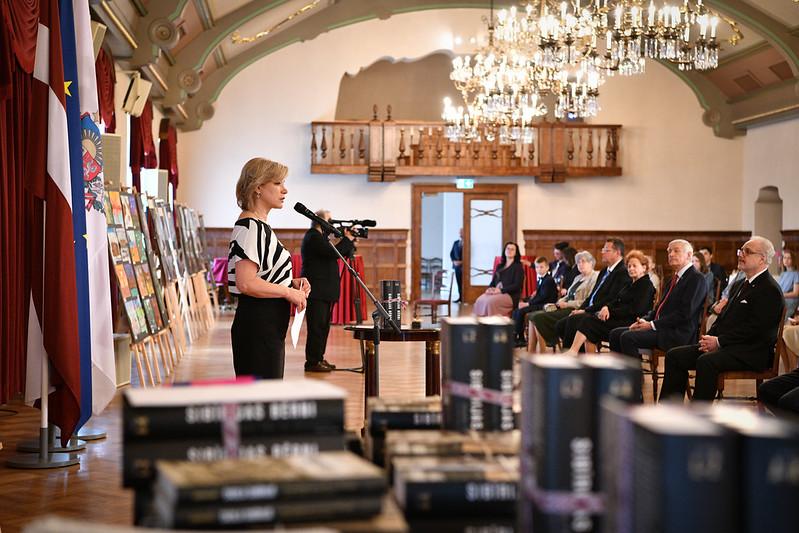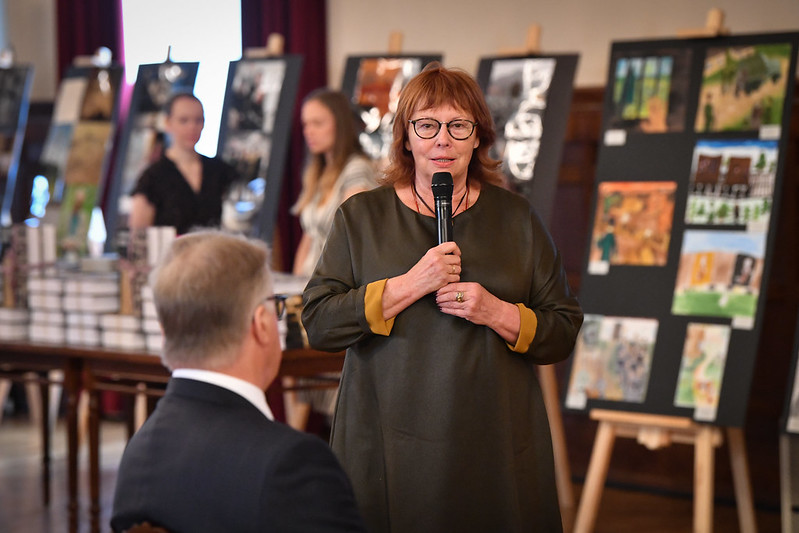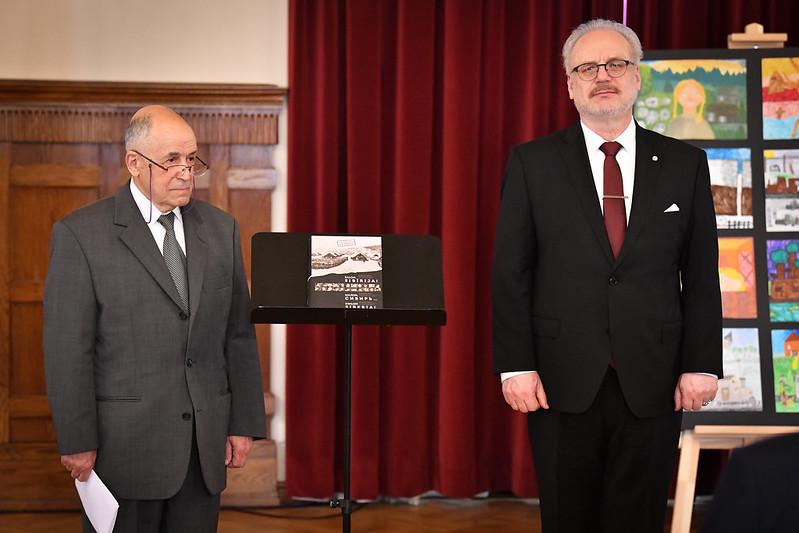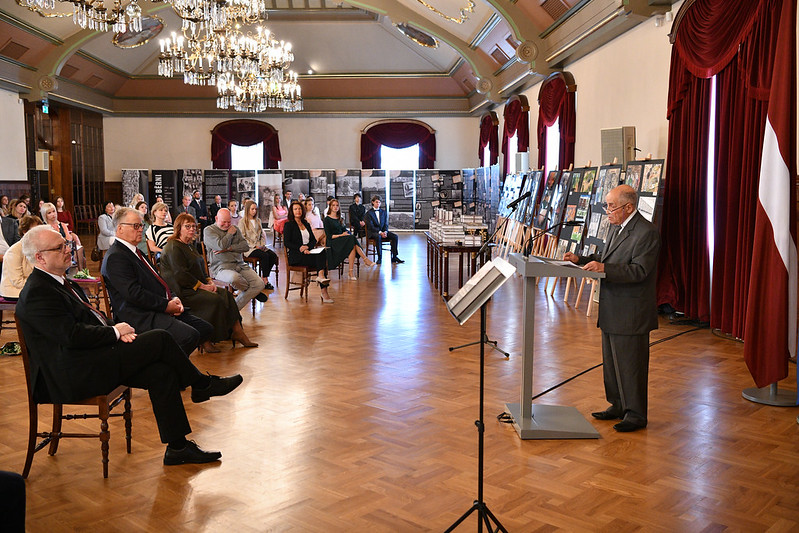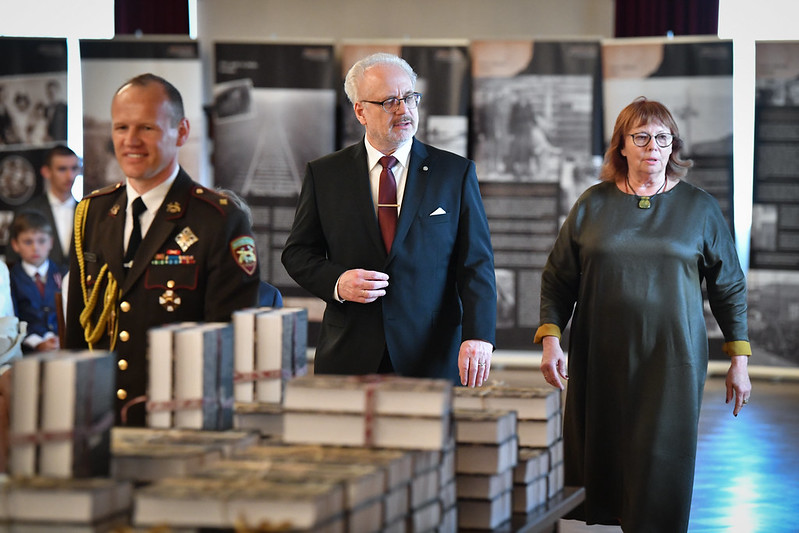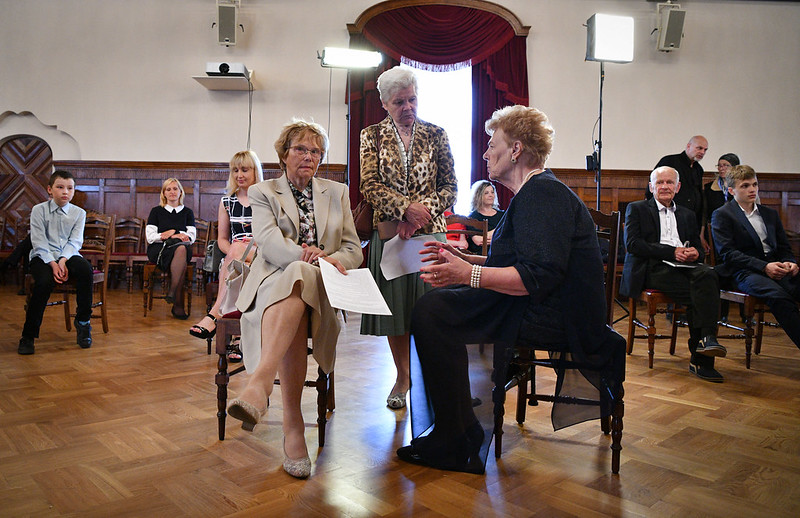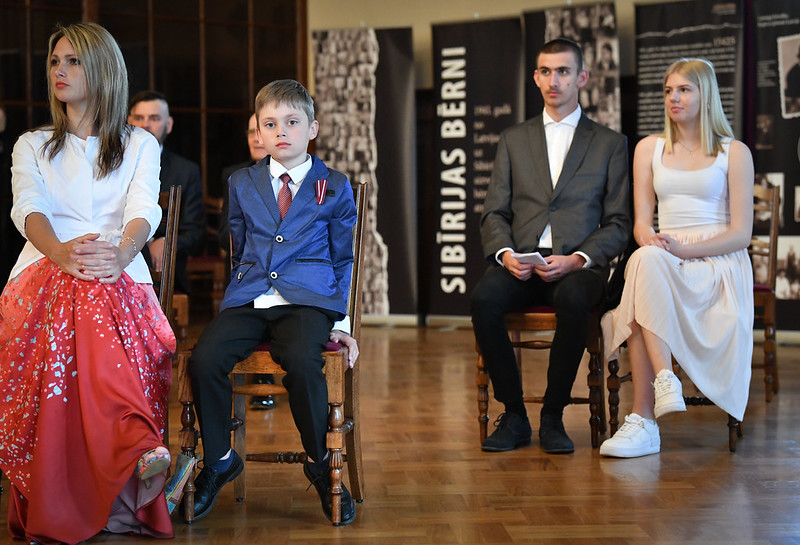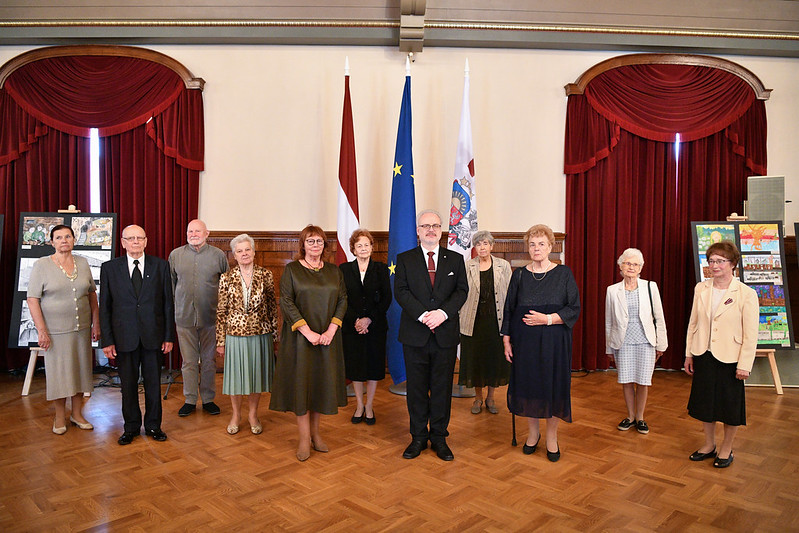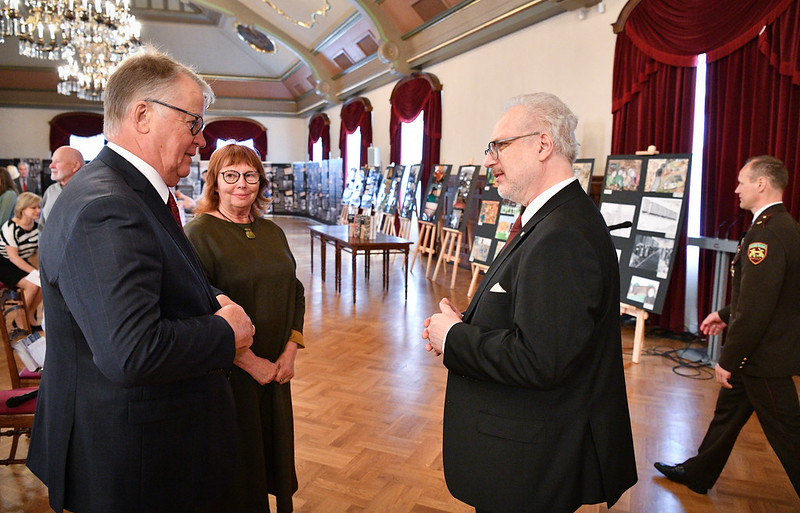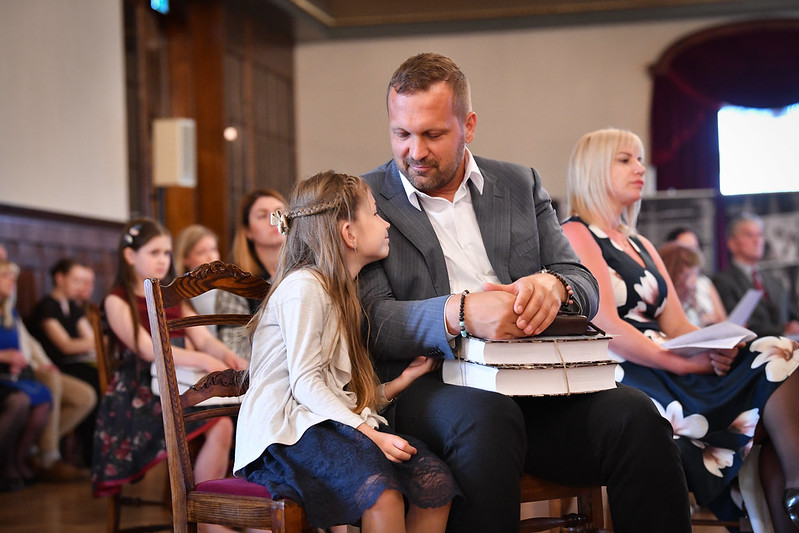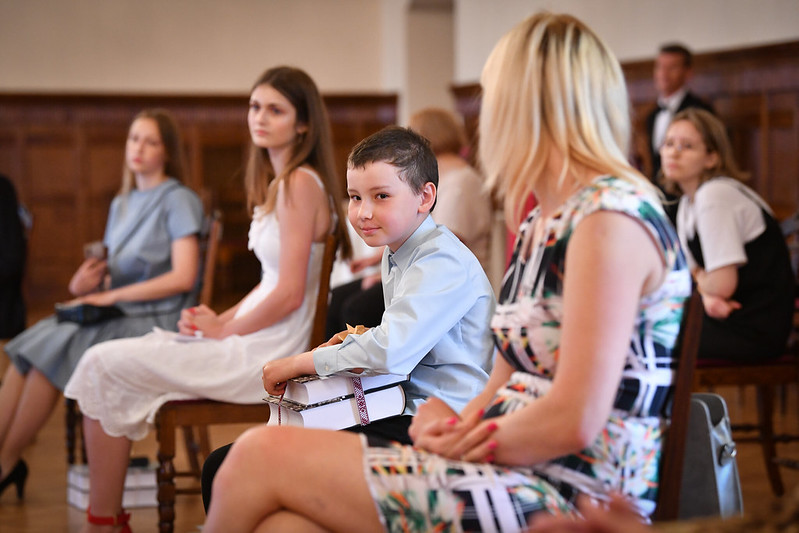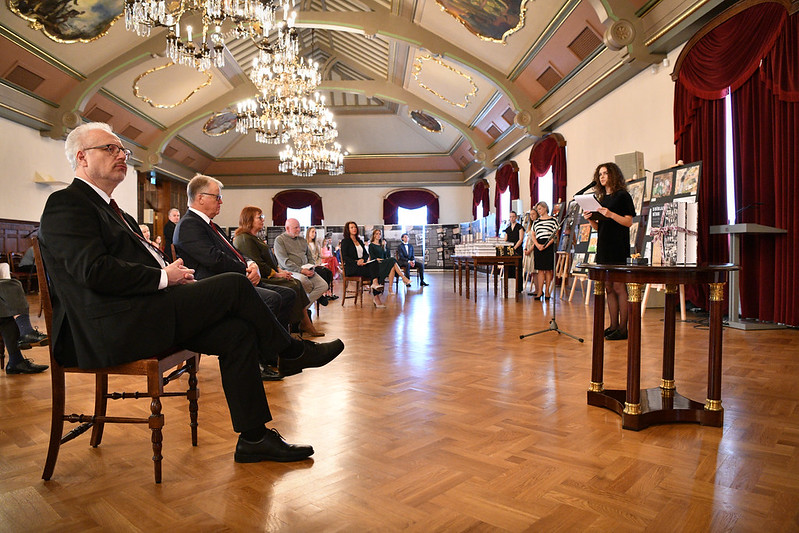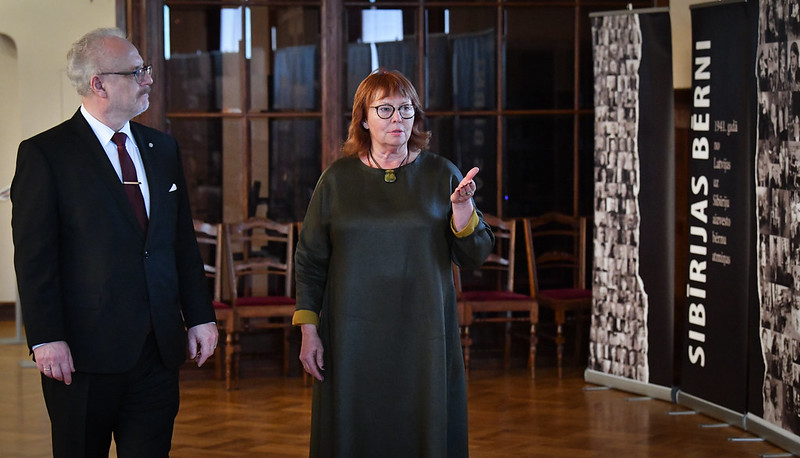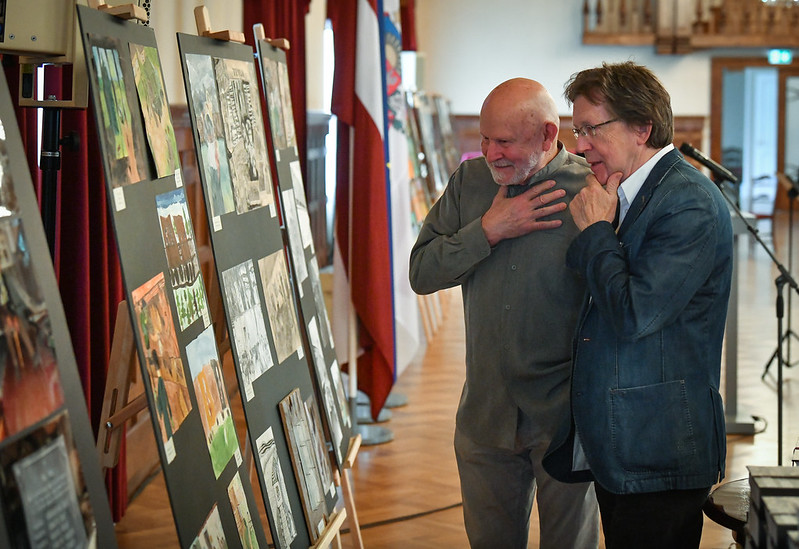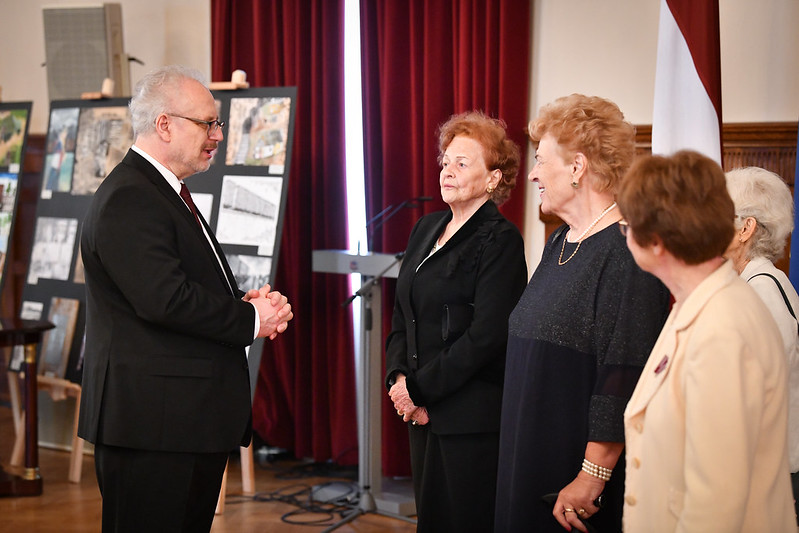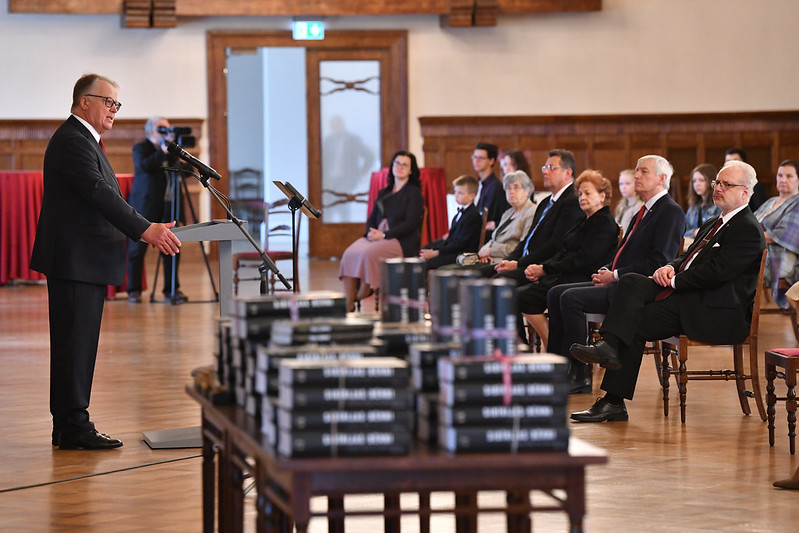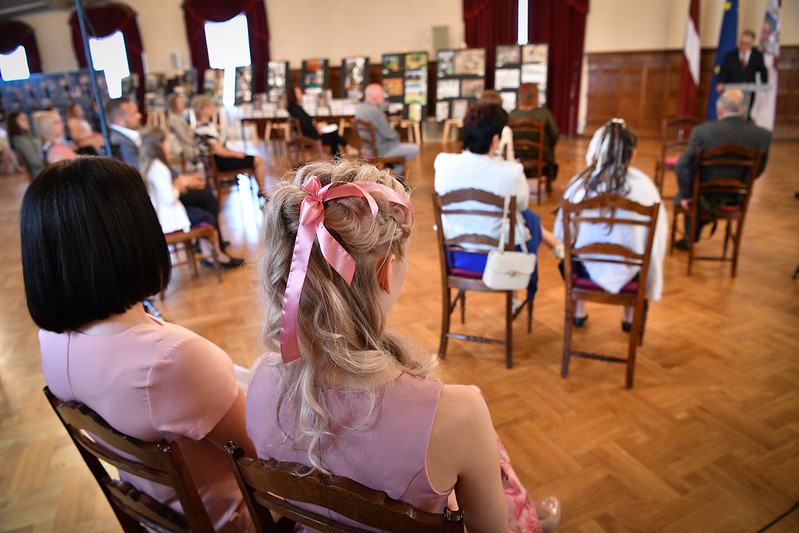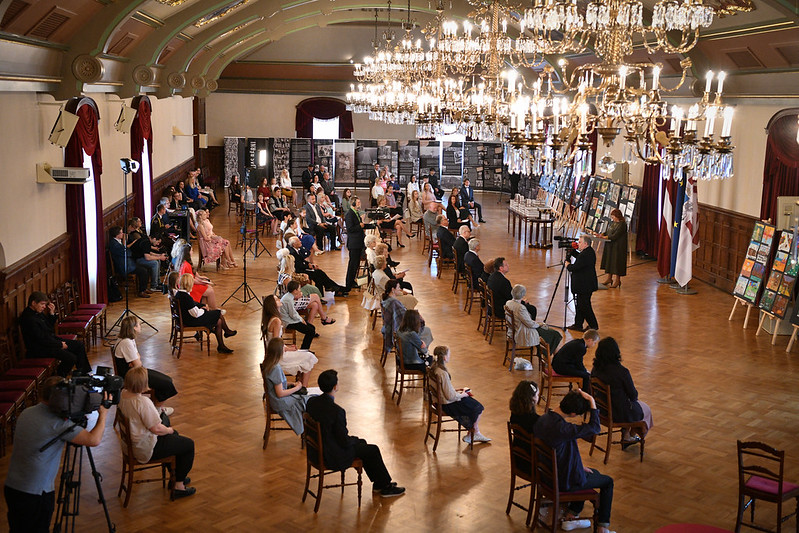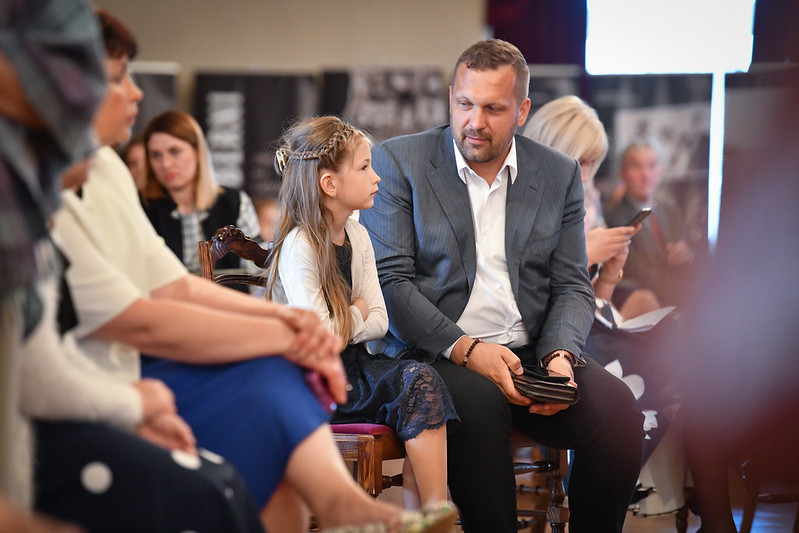 Foundation “The children of Siberia” and Museum “The Jews in Latvia” with the support of the Uniting History Foundation invites you to Dzintra Geka’s book “SHALOM, SIBERIA!” presentation that will take place September 15, at 18:00, in the Jewish community of Riga, Skolas Street 6.
Foundation “The children of Siberia” and Museum “The Jews in Latvia” with the support of the Uniting History Foundation invites you to Dzintra Geka’s book “SHALOM, SIBERIA!” presentation that will take place September 15, at 18:00, in the Jewish community of Riga, Skolas Street 6.
Among the deportees of Latvia deported on June 14, 1941, there were also 1,789 Jews. There were also many children and teenagers among them, the youngest of whom was 2 months old. In many families, children were also born in Siberia, in an eternal – as it seemed at the time – camp. Dz. The Gecca book contains dozens of interviews that have been collected over many years, mainly in Israel. We will also hear excerpts from these stories at the event.
Admission to the event is free.
Photographs and videos will be taken during the event.
All COVID-19 prevention measures will be met during the event.
Fragments from Book
Leo Berlins, 10 years old
About once every ten days I had to go to the command post to note that you had not left. And no one knew exactly which day to call. There was a man – a “ten” who went to the command post almost every day, where he was determined on which day everyone should be led to celebrate. Whenever we came to the commandant’s office with Gunārs Brauns (we rented a private apartment because there was not enough space for everyone in the dormitory), we were amazed at how many of our institutes had to go to celebrate. It turns out that a third of the students were deported – Jews, Latvians, Estonians, Ukrainians, Volga Germans. We went to the command post office for up to a year, because in the autumn we received passports. There was something similar in my passport to the text that the passport was issued on the basis of a KGB certificate – as a person released from prison. He really wanted to go to Riga, although he didn’t have many relatives left. Because none of mom’s many brothers and sisters were living in the middle anymore. Everyone died in the Riga Ghetto. Only the cousin who had hidden and then evacuated survived. She also invited me to visit. In 1955, shortly before going to Riga, my passport was stolen from my pocket on the bus. The passport was stolen, but two rubles were left. The militia said that I could drive if I had another document. I had a communist membership card, a student card, a trade union card. Of course, I took a risk because there were possible document checks on the way. But I was lucky and I had a good summer in Riga. When I returned to Krasnoyarsk, I received a passport. I became envious because there was no other entry in the new passport, just that the passport was issued in place of the lost one. When I arrived in 1956, I met my future wife. After the institute, I tried to get a diploma without a post. I ended up with very good results, I even received an increased scholarship while studying. Thanks to that, I managed to get out of Siberia and return to Riga. Mom and sister remained in the North – they fought for a few more years to be fired. When I returned to Latvia, it was difficult for me to get a registration in Riga. After Khrushchev’s visit to Latvia, Berklav was removed, and then the floods of the occupiers began. I am well acquainted with Berklav. In order to get a record and get a job, I had to go to the archives, look for a statement that I had lived here for up to a year. At first I got a not very good job – in the army part as a mechanic (had to work with soldiers, generals), but gave me an apartment. There was no convenience in it, toilet outside, without warm water … But its own. A year later I started working at the Riga Electromechanical Factory. There were mostly Russian-speaking people there, so I almost forgot the Latvian language. Only now that I have become a house manager (I manage a house that partly belonged to my father and we were deported because of it) and I have to talk to Latvians, I started speaking Latvian again. Of course, not so good as to be able to tell your life story in detail.
Continue reading “Book “SHALOM, SIBERIA!” presentation in the Jewish Museum in Latvia”
Like this:
Like Loading...








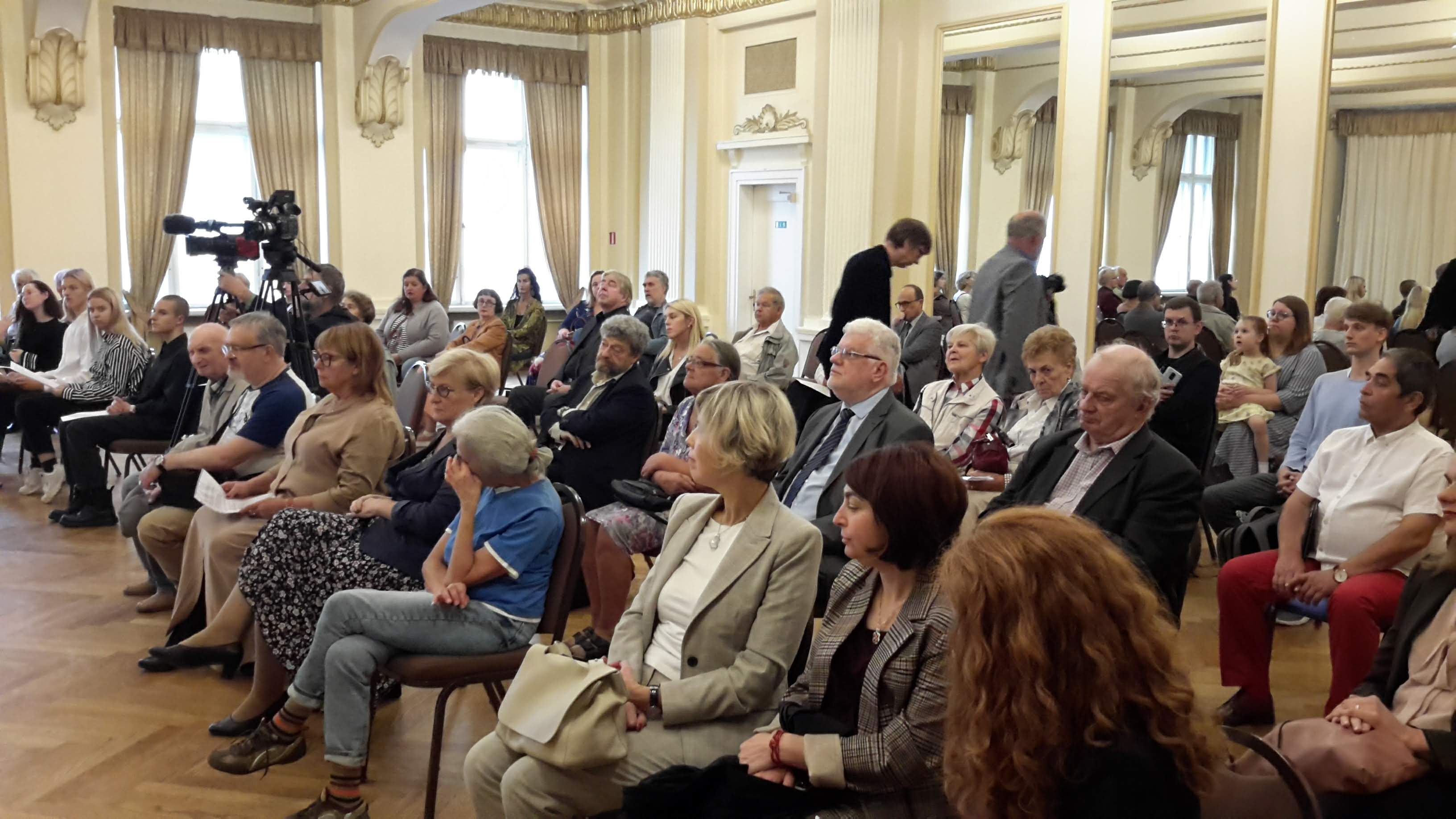
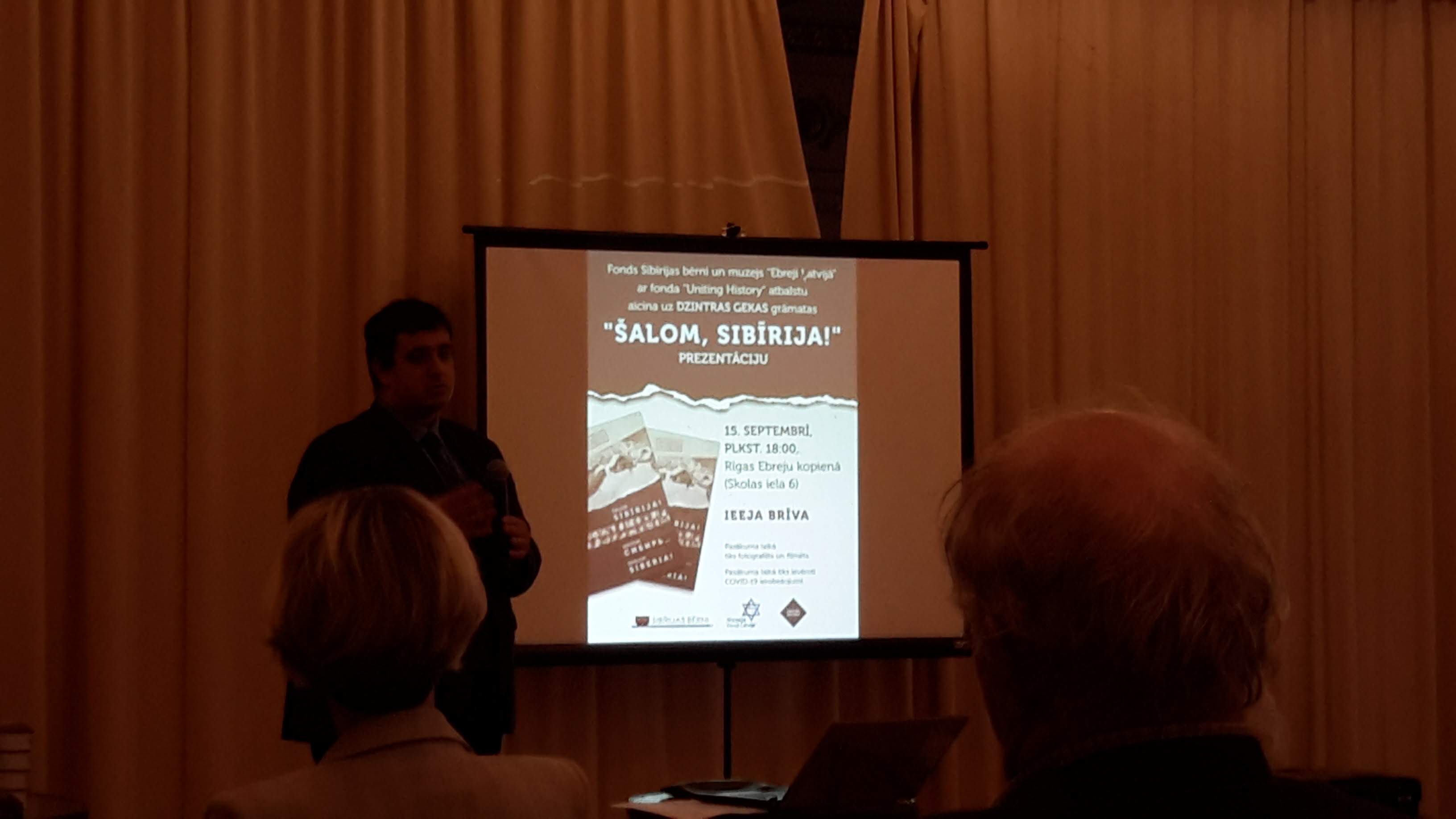
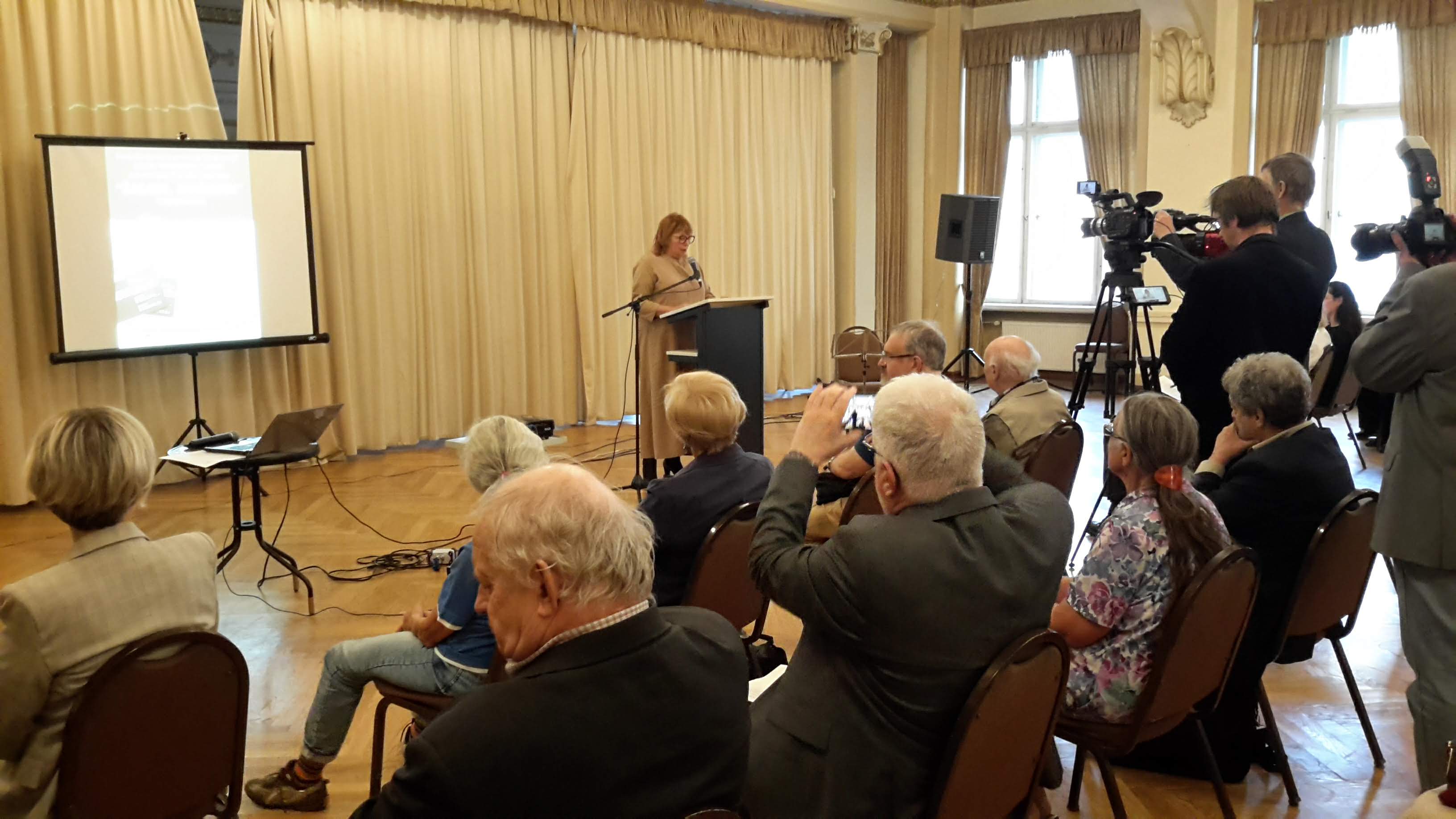
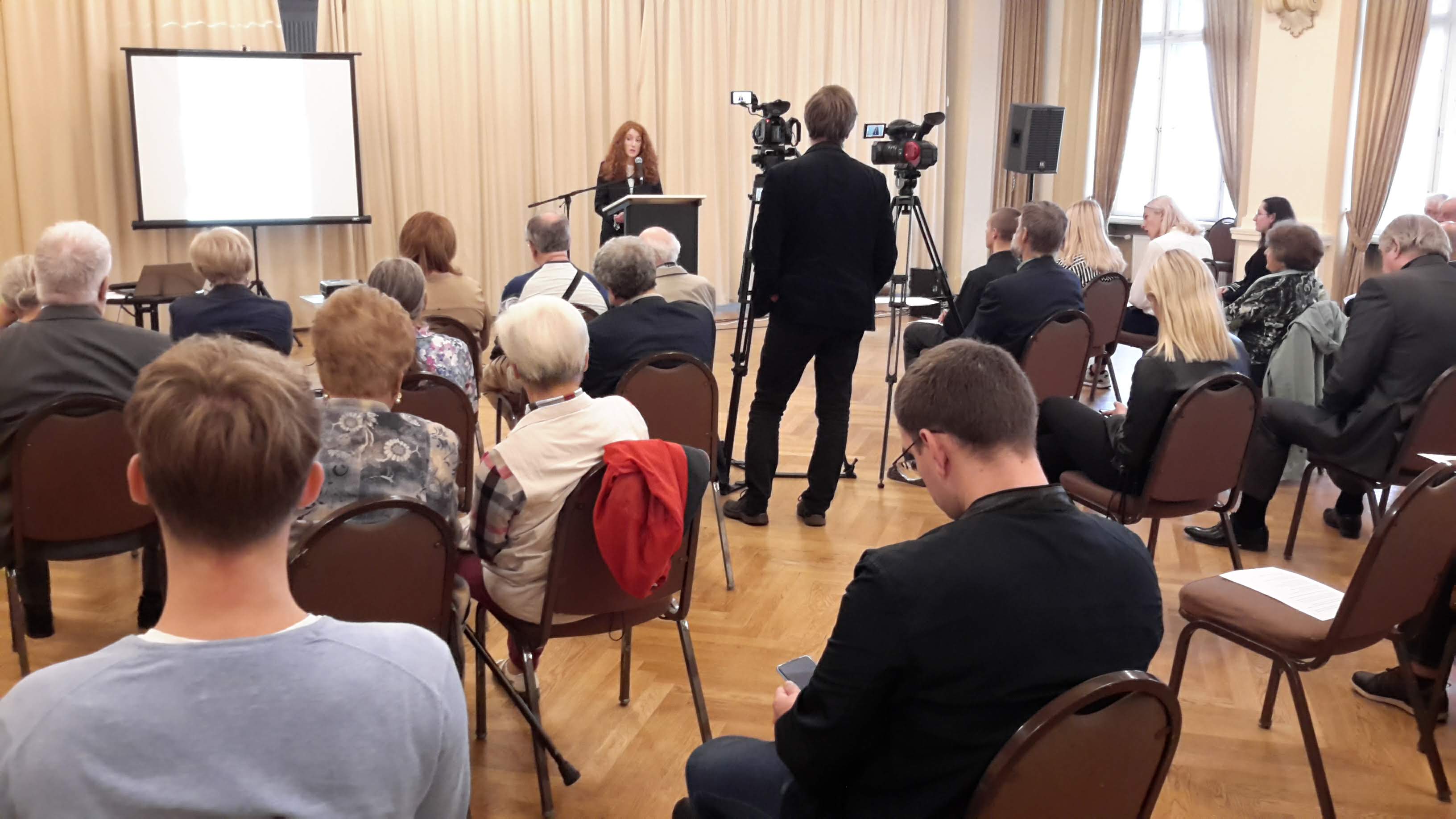

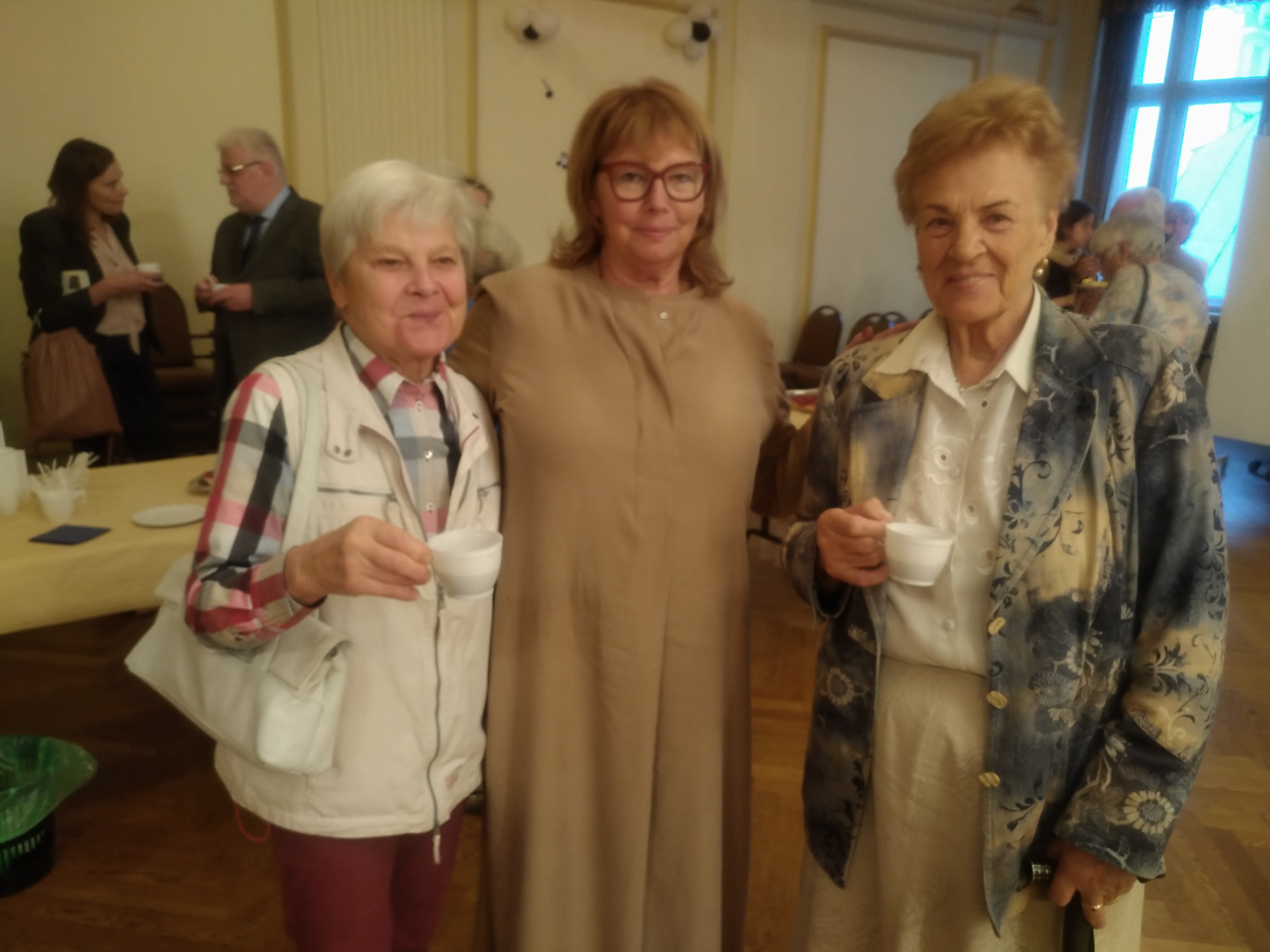
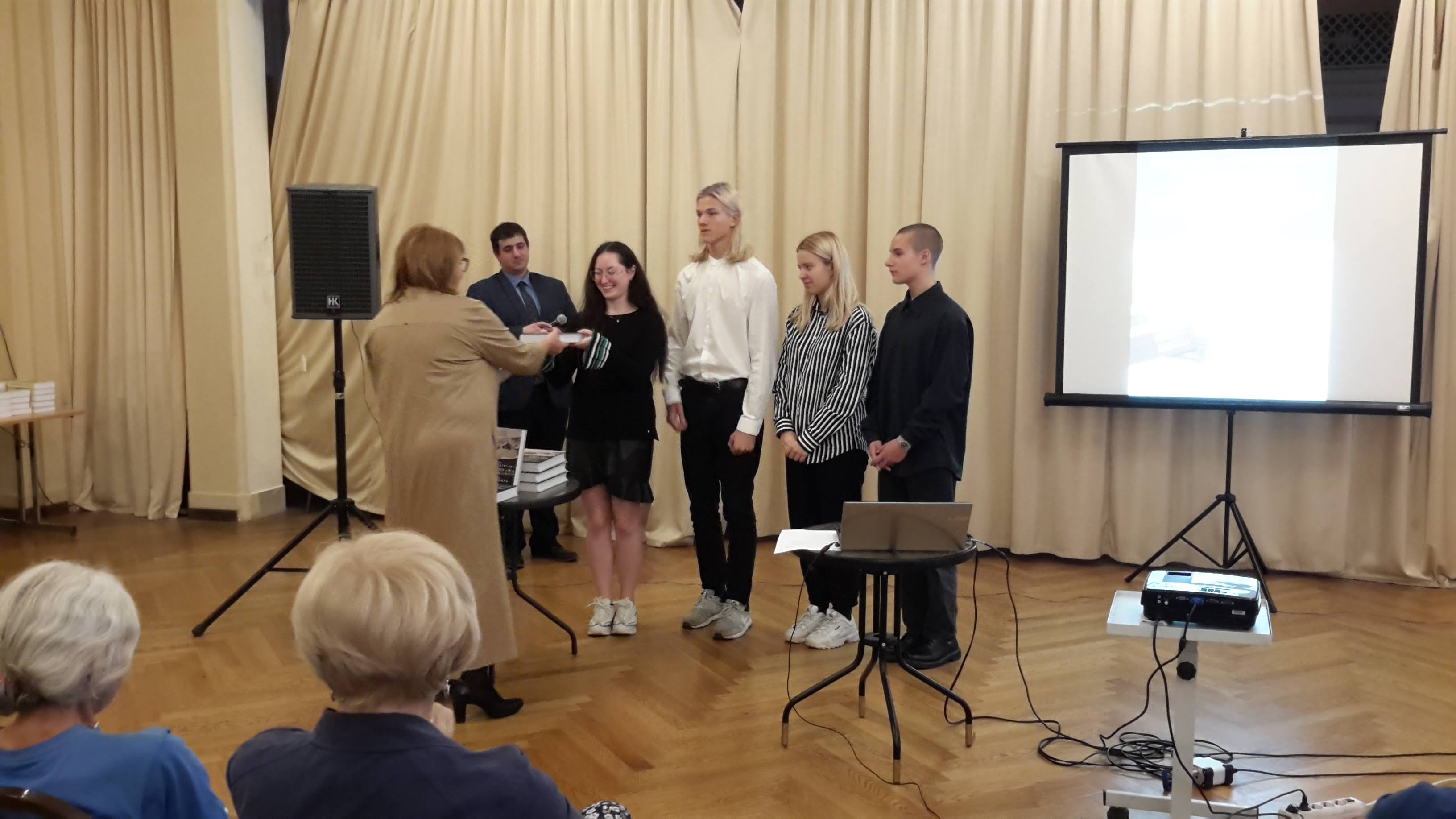
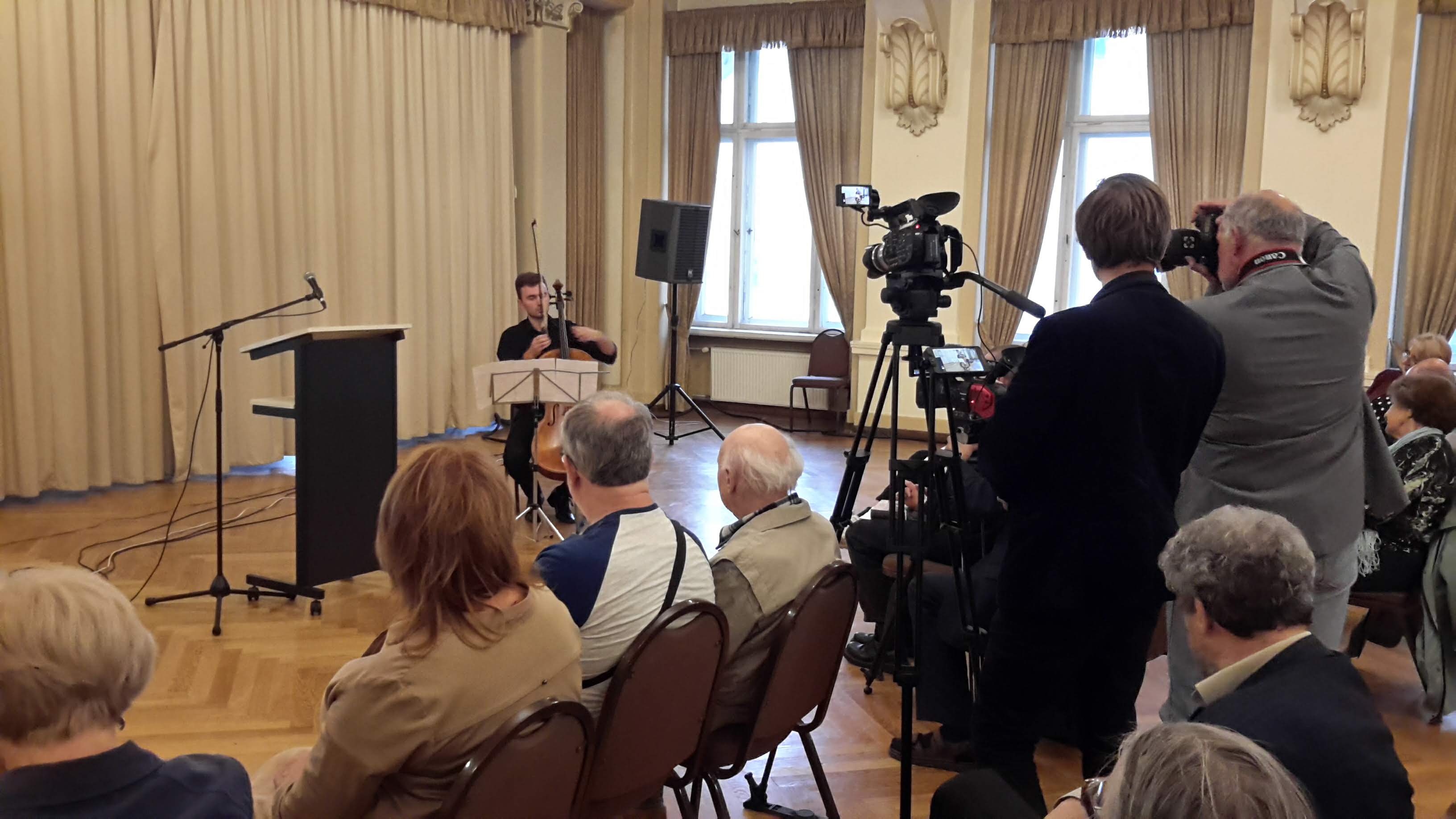
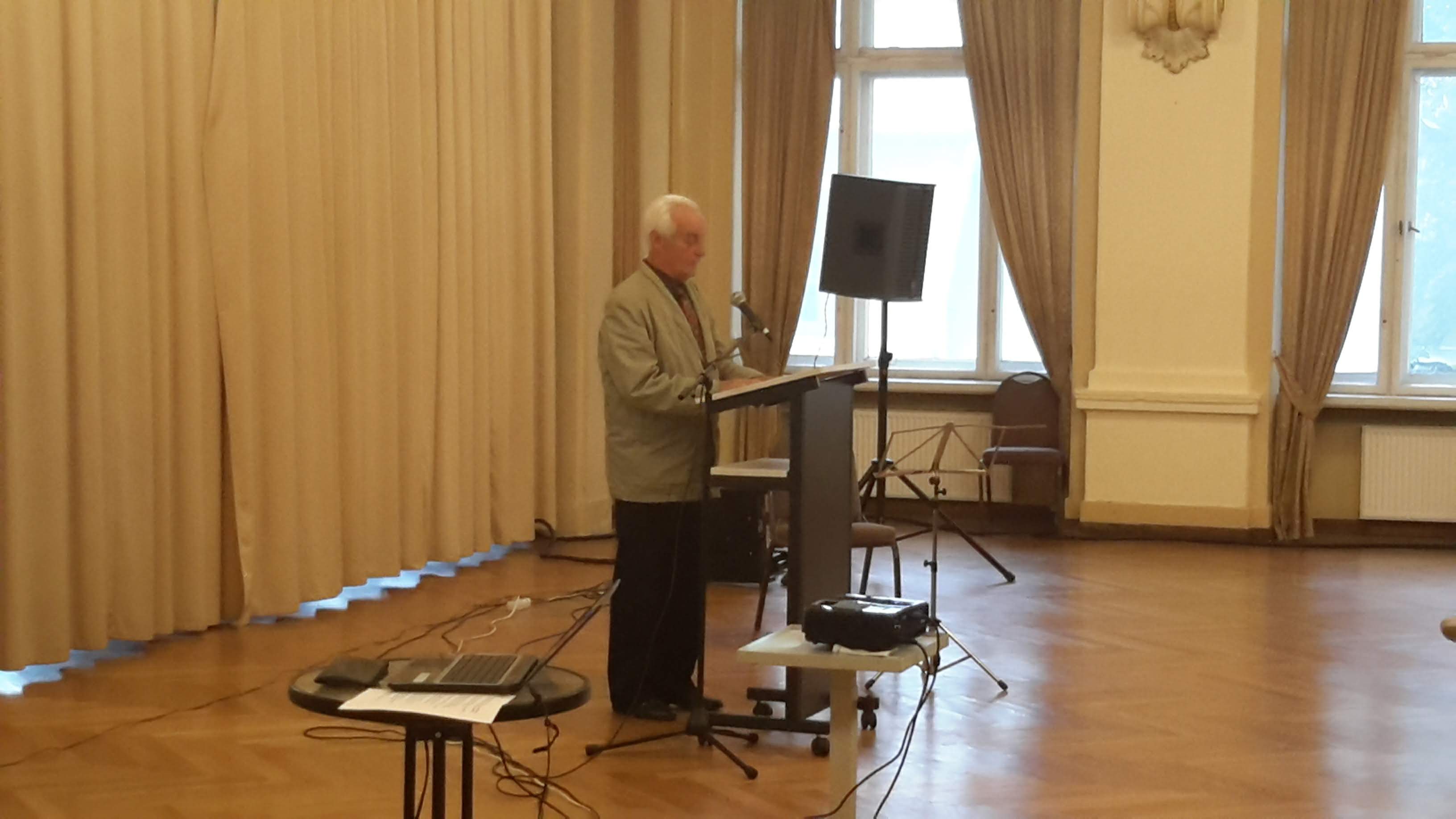
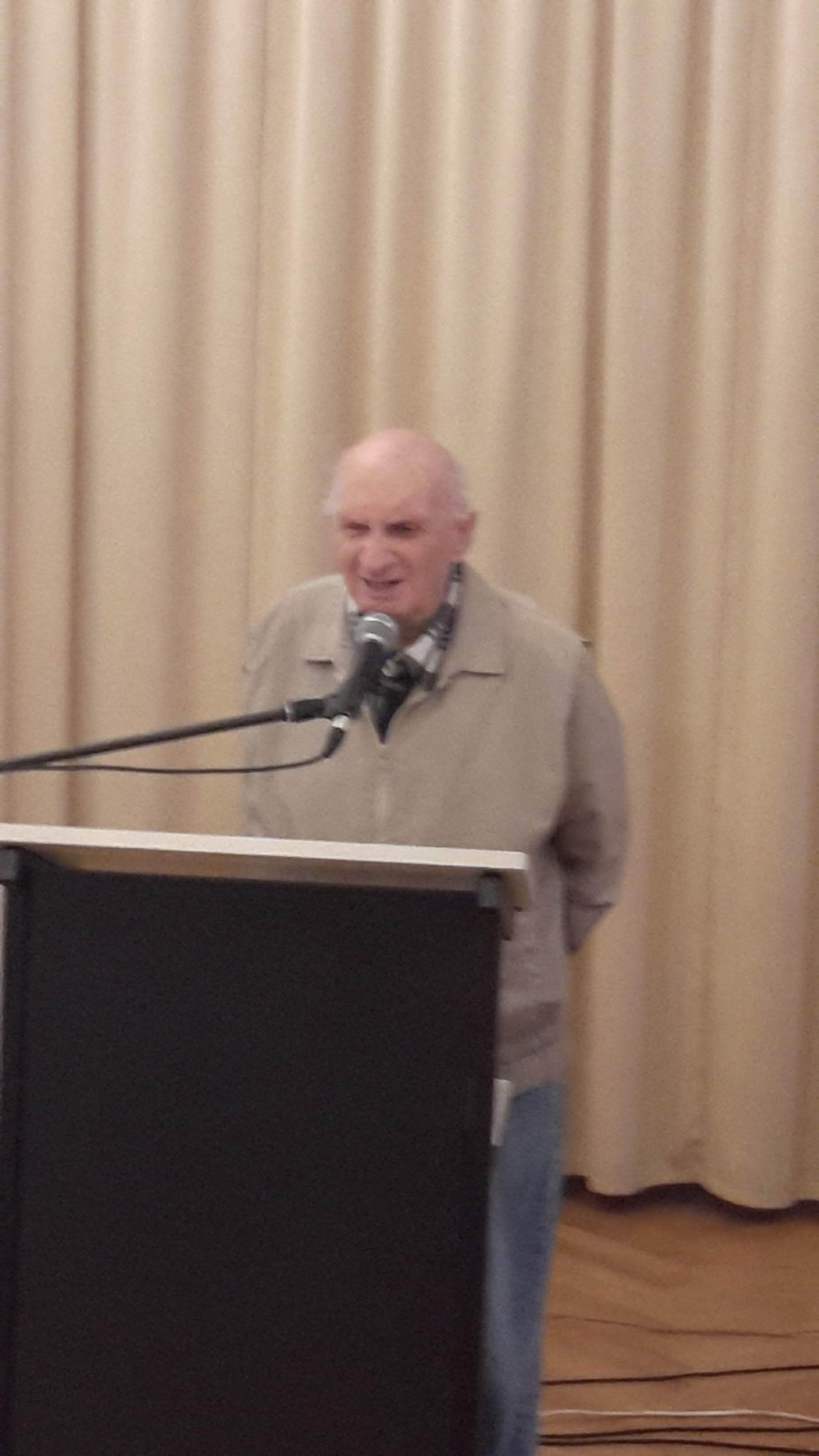
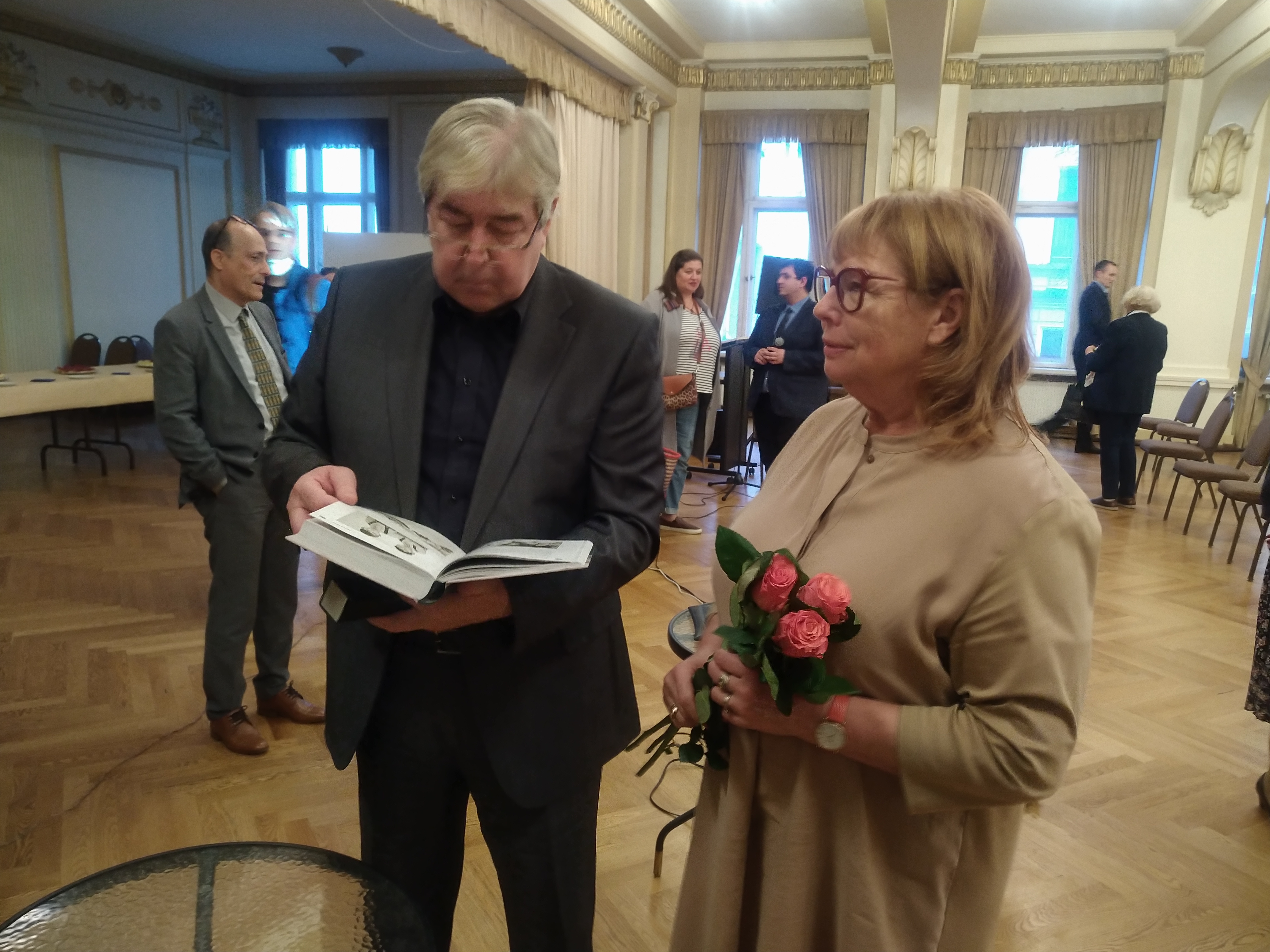
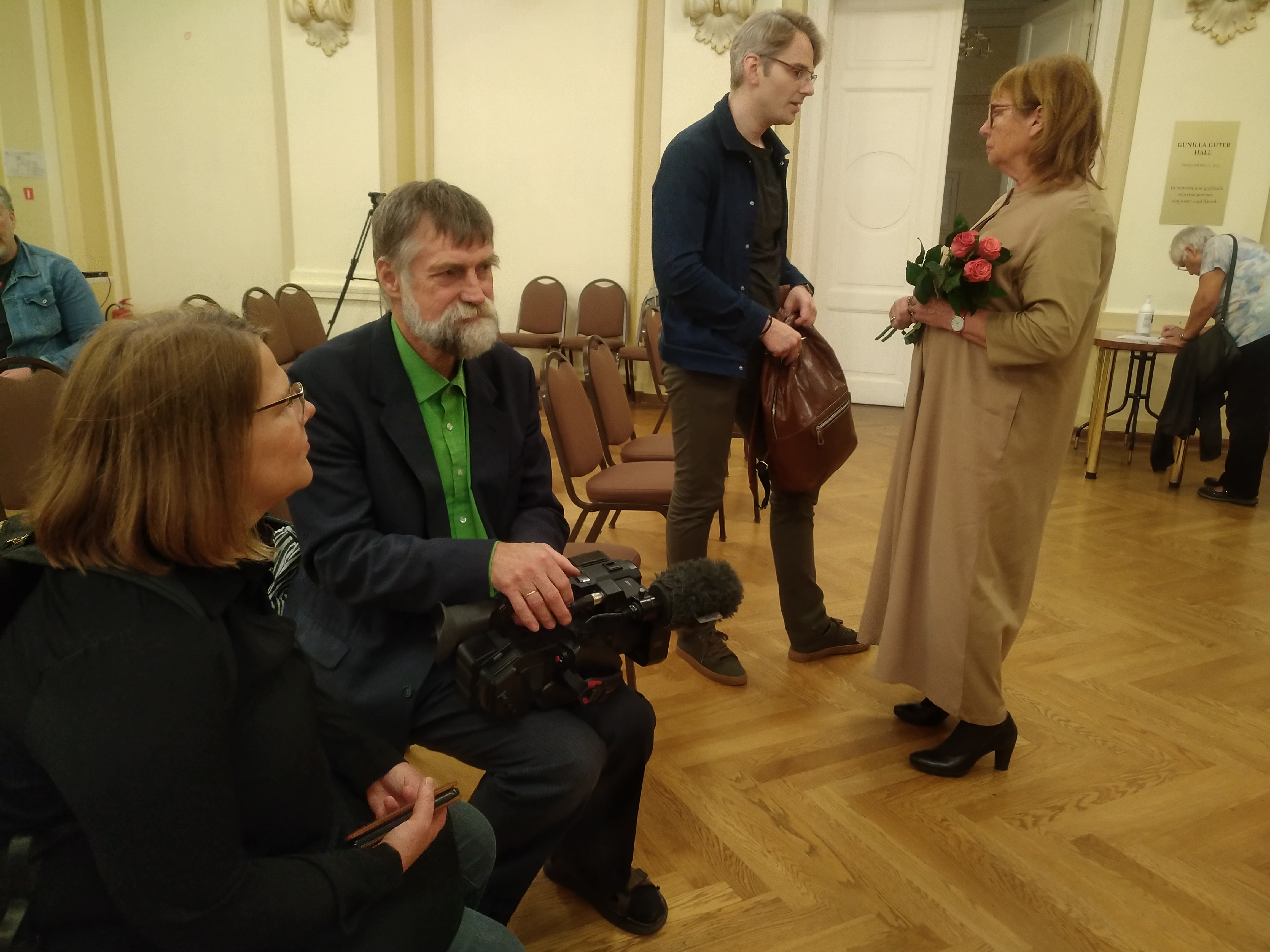
 Foundation “The children of Siberia” and Museum “The Jews in Latvia” with the support of the Uniting History Foundation invites you to Dzintra Geka’s book “SHALOM, SIBERIA!” presentation that will take place September 15, at 18:00, in the Jewish community of Riga, Skolas Street 6.
Foundation “The children of Siberia” and Museum “The Jews in Latvia” with the support of the Uniting History Foundation invites you to Dzintra Geka’s book “SHALOM, SIBERIA!” presentation that will take place September 15, at 18:00, in the Jewish community of Riga, Skolas Street 6.
